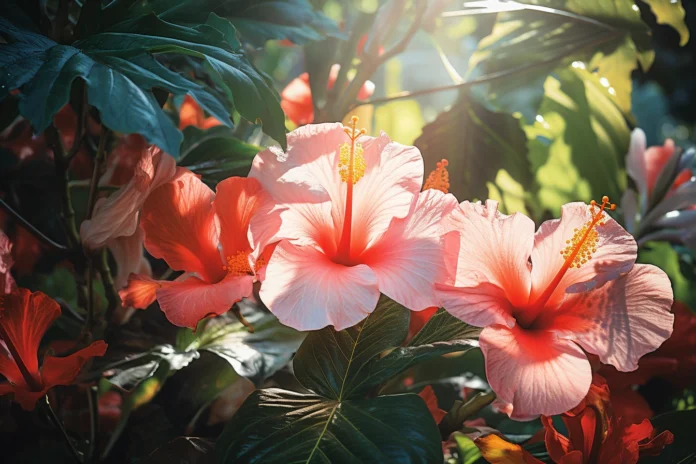What is Hibiscus?
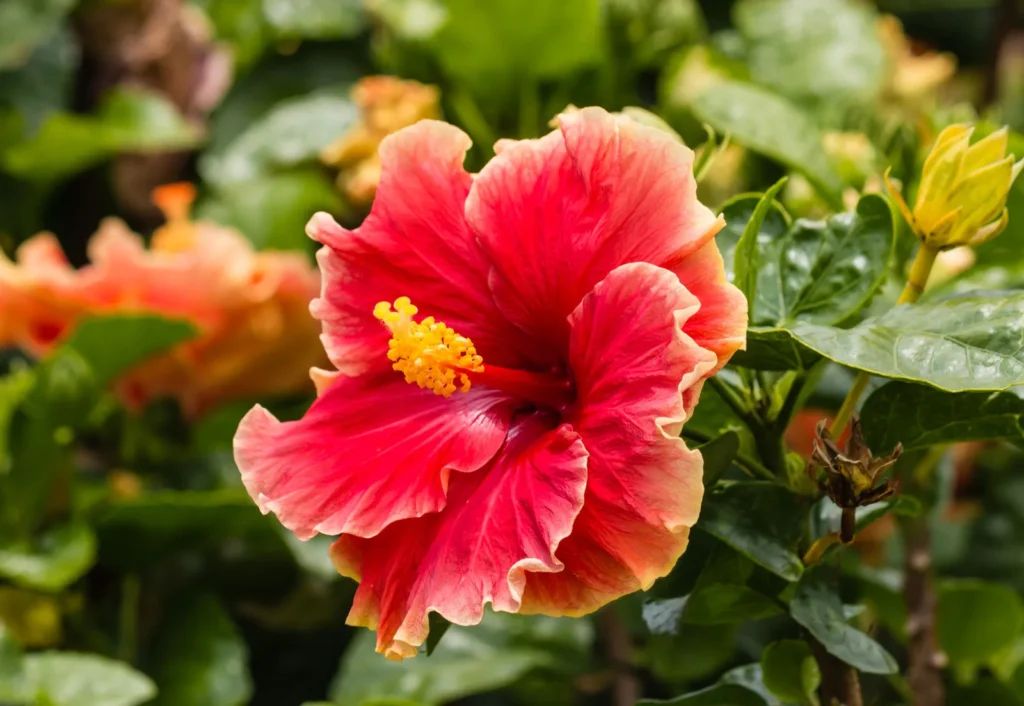
Hibiscus is a beautiful flowering plant known for its large, colorful blooms. They come in various colors, such as red, pink, yellow, and white, and are often used in gardens and landscapes to add a tropical feel. Hibiscus flowers are not only attractive but also have cultural and medicinal significance in many parts of the world. For instance, hibiscus tea is a popular drink made from the petals of the hibiscus flower and is known for its tart flavor and potential health benefits.
SPECIES
Hibiscus is a diverse genus with numerous species, each varying in appearance and habitat. Here are some notable species of hibiscus:
1. Hibiscus rosa-sinensis (Chinese Hibiscus or Tropical Hibiscus)
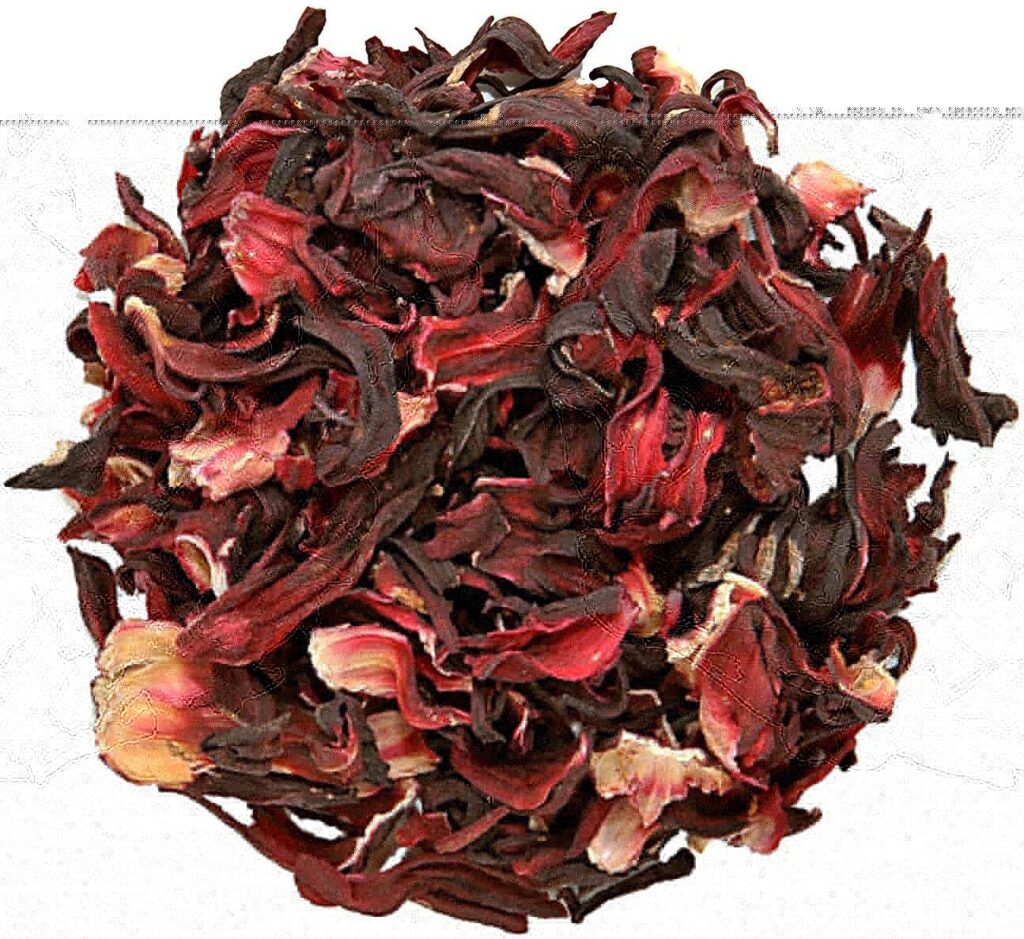
- Description: This is one of the most widely recognized species, known for its large, vibrant flowers, often in shades of red, pink, yellow, or orange. The flowers can be single or double-petaled.
- Habitat: Native to East Asia, particularly China, it’s commonly grown as an ornamental plant in tropical and subtropical regions around the world.
- Uses: Frequently used in gardens and landscapes for its ornamental value, it’s also a popular indoor plant in cooler climates.
2. Hibiscus syriacus (Rose of Sharon)
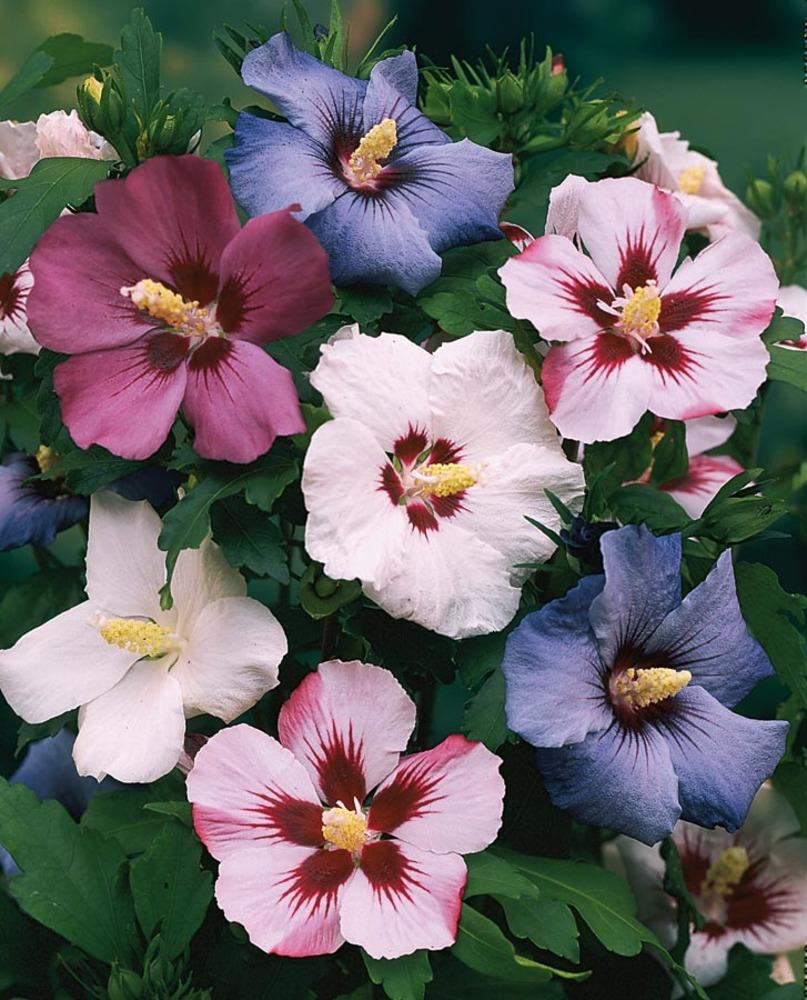
- Description: This deciduous shrub is known for its resilience and adaptability. It produces smaller flowers compared to the Chinese hibiscus, usually in white, pink, purple, or blue shades, often with a contrasting center.
- Habitat: Native to East Asia, it is hardy in temperate climates and can withstand cooler temperatures than many other hibiscus species.
- Uses: Popular as a landscape plant in temperate regions due to its hardiness and long blooming period.
3. Hibiscus moscheutos (Hardy Hibiscus or Swamp Mallow)
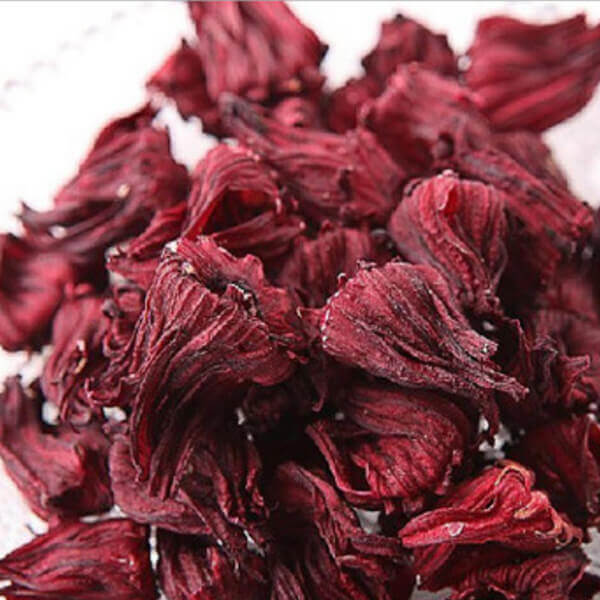
- Description: Known for its large, showy flowers, which can be up to 12 inches in diameter. The blooms come in various colors, including white, pink, red, and bi-colored.
- Habitat: Native to the wetlands of North America. It thrives in moist, swampy conditions but can also be grown in garden settings with adequate watering.
- Uses: Often used in water gardens and landscape designs for its dramatic floral display.
4. Hibiscus sabdariffa (Roselle)
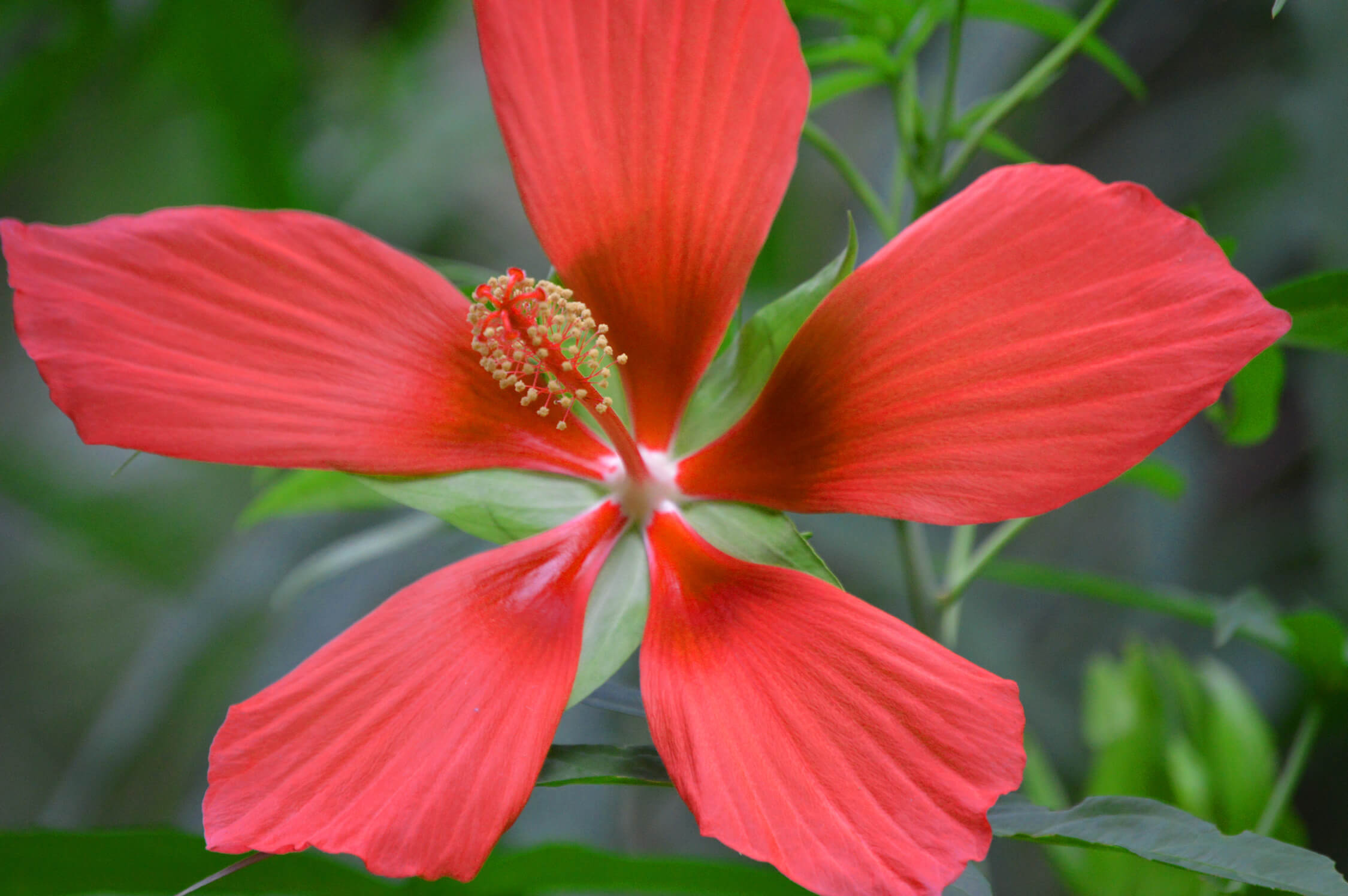
- Description: This species is recognized for its edible calyxes, which are used to make hibiscus tea, a popular beverage with a tart flavor. The flowers are usually pale yellow with a dark center.
- Habitat: Native to West Africa, it is grown in tropical and subtropical regions worldwide.
- Uses: Apart from being used in beverages, the plant’s calyxes are also used in making jams, sauces, and as a natural dye.
5. Hibiscus tiliaceus (Sea Hibiscus or Mahoe)
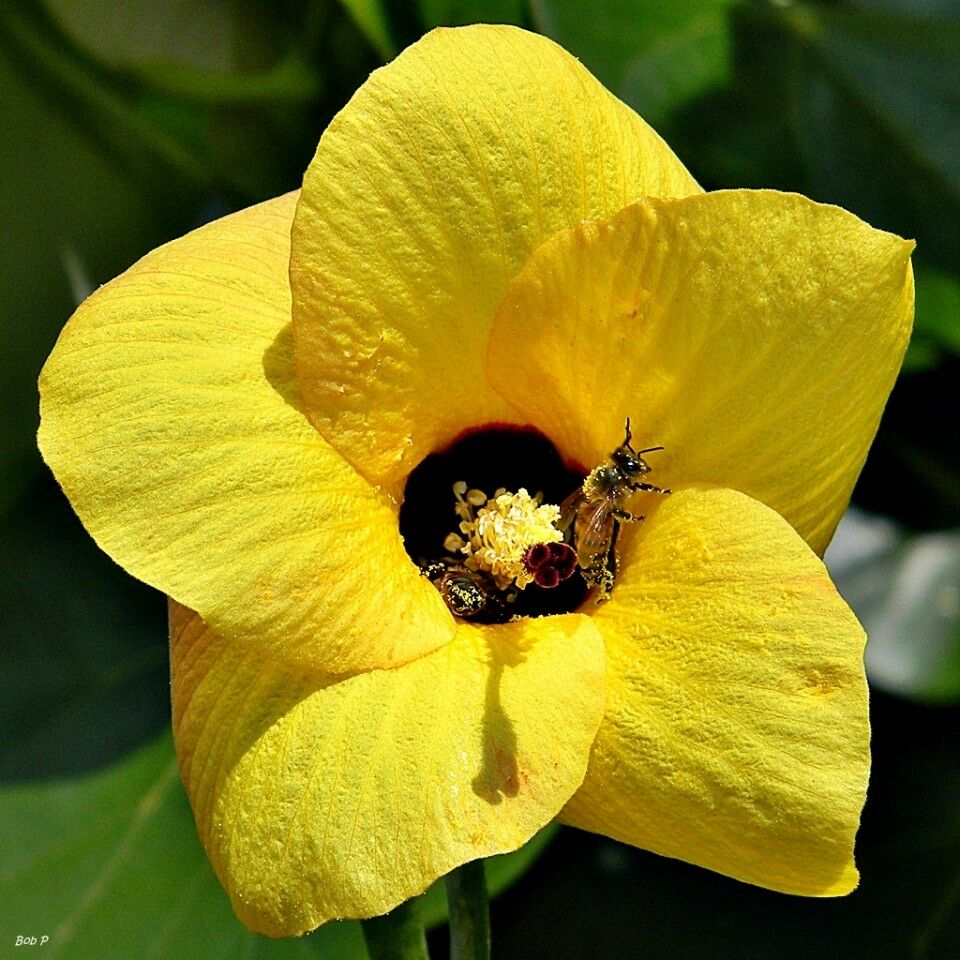
- Description: A small tree or shrub with yellow flowers that often turn red as they age. The plant has heart-shaped leaves and is tolerant of salt and wind.
- Habitat: Found in coastal areas of the Pacific, Indian Ocean islands, and parts of tropical Asia. It’s well adapted to sandy, saline soils.
- Uses: Its strong, flexible wood is used in traditional crafts, and its fibers are employed for making ropes. The plant is also valued for erosion control in coastal regions.
6. Hibiscus trionum (Flower-of-an-Hour)
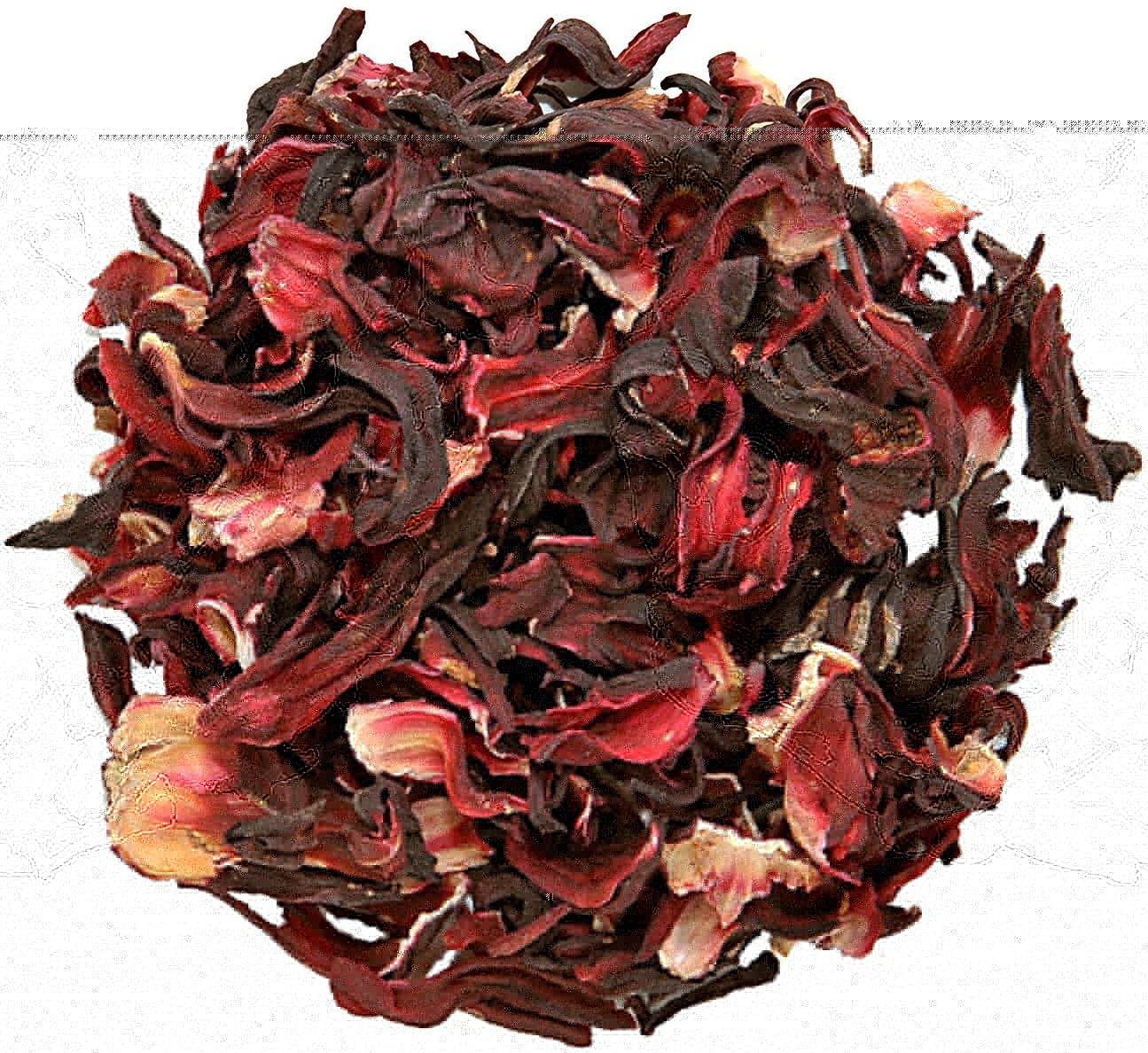
- Description: A smaller, annual species with pale yellow or cream-colored flowers featuring a dark center. The flowers last only a short time, often a single day.
- Habitat: Native to the Mediterranean and parts of Africa but has naturalized in other regions, including North America.
- Uses: It is less common in cultivation but occasionally grown in gardens for its unique, short-lived blooms.
USES
Hibiscus plants have a wide range of uses, from ornamental and medicinal to culinary and industrial applications. Here are some of the most common uses of hibiscus:
1. Ornamental Use
- Garden and Landscaping: Hibiscus plants are popular in gardens and landscapes for their large, colorful flowers that bloom throughout the year in warm climates. They are often used as hedge plants, in containers, or as standalone ornamental shrubs.
- Indoor Plants: Some species of hibiscus, especially the Chinese hibiscus (Hibiscus rosa-sinensis), are popular as indoor plants in cooler climates, where they can be grown in pots and brought inside during colder months.
2. Medicinal Use
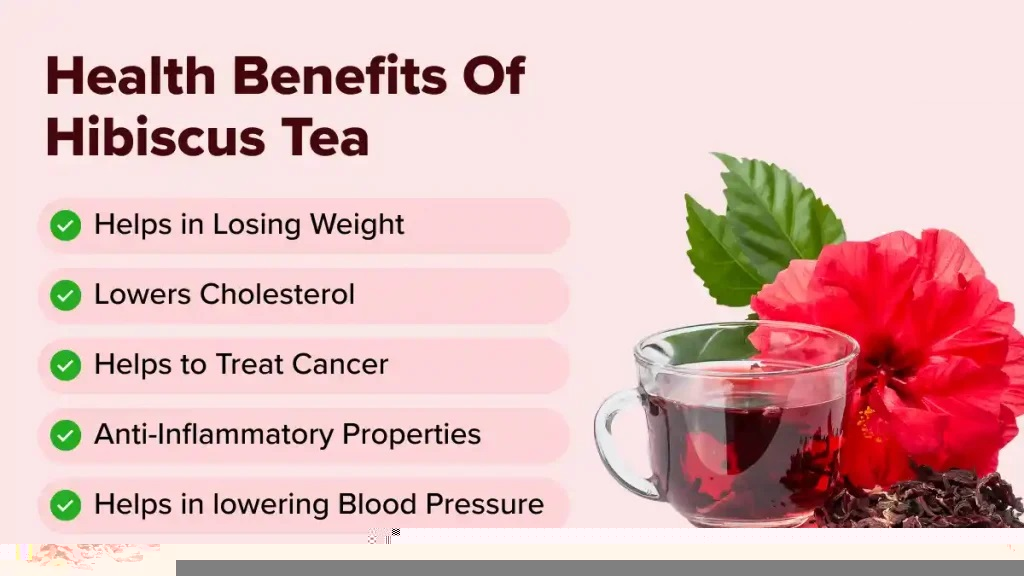
- Hibiscus Tea: The calyxes of Hibiscus sabdariffa (Roselle) are commonly used to make hibiscus tea, a tart, cranberry-like beverage. This tea is rich in antioxidants, particularly anthocyanins, and is believed to have health benefits, including lowering blood pressure, reducing cholesterol levels, and aiding digestion.
- Traditional Medicine: In various cultures, hibiscus leaves and flowers are used in traditional medicine to treat ailments like fevers, hypertension, and liver disorders. The flowers are known for their anti-inflammatory and antimicrobial properties.
- Skincare: Hibiscus extracts are used in some skincare products due to their high content of natural alpha hydroxy acids (AHAs), which can help exfoliate the skin and improve skin tone.
3. Culinary Use
- Beverages: Besides hibiscus tea, which is popular worldwide, hibiscus extracts are used to flavor other beverages, including cocktails, sodas, and juices.
- Food Coloring: The red pigments in hibiscus flowers can be used as a natural food coloring for jams, jellies, and desserts.
- Edible Parts: In some cultures, young hibiscus leaves and shoots are cooked and eaten as vegetables. The flowers themselves can be used as garnishes or added to salads for their vibrant color and subtle flavor.
4. Industrial Use
- Natural Dye: Hibiscus flowers, especially those of the Roselle plant, are used to produce natural dyes for textiles, food, and cosmetics. These dyes are valued for their vibrant red and pink hues.
- Fiber Production: Some species, like Hibiscus cannabinus (Kenaf), are grown for their fibrous stems, which are used to make ropes, paper, and other materials.
5. Environmental Use
- Erosion Control: Some species of hibiscus, such as Hibiscus tiliaceus, are used for soil erosion control in coastal areas due to their strong root systems and tolerance to saline conditions.
- Pollinator Attraction: Hibiscus flowers are known to attract pollinators like bees, butterflies, and hummingbirds, making them valuable in biodiversity conservation and pollinator gardens.
6. Hair and Scalp Care
- Hair Products: In some cultures, especially in India, hibiscus flowers and leaves are used to make hair oils, shampoos, and conditioners. The plant is believed to promote hair growth, prevent dandruff, and improve scalp health.
HEALTH BENEFITS
1. Rich in Antioxidants
Hibiscus flowers are rich in antioxidants, such as anthocyanins and polyphenols, which help fight free radicals in the body. This action can reduce oxidative stress and may protect against chronic diseases like cancer and heart disease..
2. Lowers Blood Pressure
Drinking hibiscus tea has been shown to help reduce high blood pressure (hypertension). Regular consumption may lower both systolic and diastolic blood pressure.
3. Supports Heart Health
By helping to lower blood pressure and cholesterol levels, hibiscus may contribute to overall heart health. It may also help reduce the risk of heart diseases like atherosclerosis..
4. Aids in Weight Loss
Hibiscus tea is often consumed as a natural aid for weight management. It may help reduce body weight, body fat, and Body Mass Index (BMI).
5. Improves Liver Health
Consuming hibiscus extract can enhance liver function and help protect the liver from damage. It may also promote detoxification and improve liver enzyme levels.
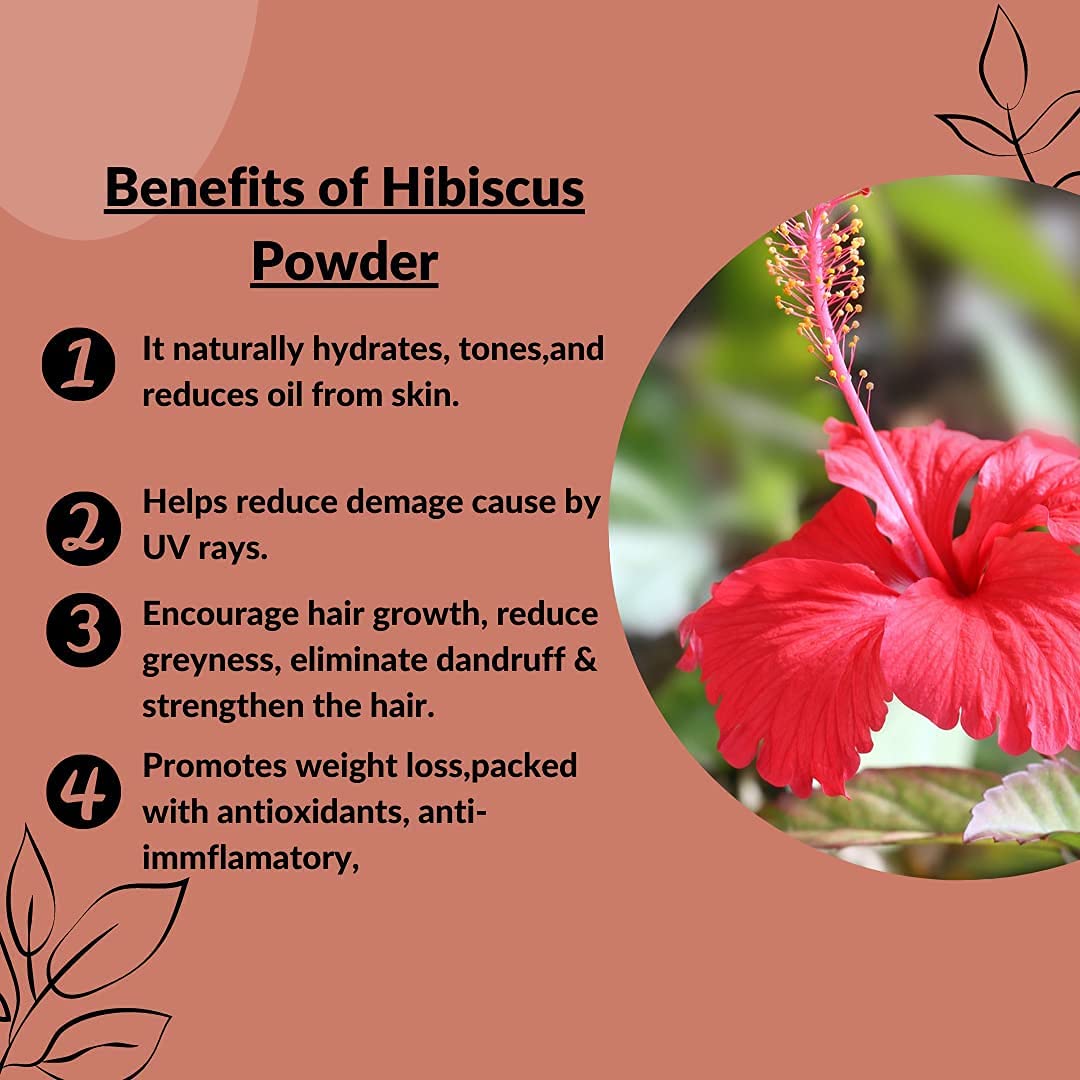
6. Supports Digestive Health
Hibiscus tea is known to improve digestion and prevent constipation. It can also act as a natural diuretic, promoting regular urination and bowel movements.
7. Regulates Blood Sugar Level
Some studies suggest that hibiscus can help lower blood sugar levels, making it potentially beneficial for managing diabetes or prediabetes.
8. Boosts Immune System
Hibiscus is rich in vitamin C and other antioxidants, which can boost the immune system and help the body fight off infections.
9. Improves Skin Health
Hibiscus is often used in skincare for its anti-aging properties. It can help improve skin elasticity, reduce wrinkles, and promote a youthful appearance..
10. Anti-Cancer Properties
Some research suggests that hibiscus extracts may have anti-cancer properties, particularly against leukemia and certain types of gastrointestinal cancer cells.
Forms
Hibiscus is found three forms:
SIDE EFFECTS
While hibiscus is widely known for its health benefits, it can also cause side effects and may interact with certain medications. Here’s a detailed look at potential side effects and considerations when using hibiscus:
1. Lowered Blood Pressure
- Effect: Hibiscus is known to lower blood pressure, which can be beneficial for those with hypertension. However, for individuals with already low blood pressure or those on medication to lower blood pressure, this effect can lead to hypotension (abnormally low blood pressure).
- Symptoms: Dizziness, lightheadedness, fainting, and fatigue.
2. Interactions with Medications
- Effect: Hibiscus may interact with various medications, altering their effectiveness or causing adverse reactions.
- Blood Pressure Medications: Since hibiscus can lower blood pressure, combining it with antihypertensive drugs can enhance the effects, leading to excessively low blood pressure.
- Diabetes Medications: Hibiscus can affect blood sugar levels. If taken with diabetes medications, it might cause blood sugar to drop too low (hypoglycemia).
- Chloroquine: Some studies suggest that hibiscus may reduce the effectiveness of chloroquine, a medication used to treat malaria.
- Recommendation: Consult a healthcare professional before consuming hibiscus if you are on these medications.
3. Allergic Reactions
- Effect: Some individuals may have allergic reactions to hibiscus, although this is rare.
- Symptoms: Skin rashes, itchy eyes, hay fever-like symptoms, or more severe reactions like swelling and difficulty breathing.
4. Pregnancy and Fertility Concerns
- Effect: Hibiscus may have emmenagogue effects, meaning it can stimulate menstrual flow, which could potentially lead to complications during pregnancy, including miscarriage.
- Hormonal Effects: Hibiscus might affect estrogen levels, which could impact fertility or hormonal balance.
- Recommendation: Pregnant or breastfeeding women should avoid hibiscus, or at least consult their healthcare provider before using it.
5. Liver Toxicity
- Effect: While hibiscus is known to support liver health in moderate amounts, excessive consumption of hibiscus extracts has been linked to liver toxicity in some animal studies.
- Symptoms: Signs of liver toxicity may include jaundice (yellowing of the skin and eyes), abdominal pain, and elevated liver enzymes.
- Recommendation: Stick to recommended dosages, especially when using concentrated extracts or supplements.
6. Stomach Irritation
- Effect: Some people may experience stomach upset or gastrointestinal discomfort after consuming hibiscus tea or extracts, especially in large quantities.
- Symptoms: Nausea, stomach cramps, bloating, or diarrhea.
7. Kidney Function
- Effect: Hibiscus has diuretic properties, meaning it can increase the frequency of urination. While this can be helpful for reducing water retention, excessive use might stress the kidneys, particularly in individuals with pre-existing kidney conditions.
- Symptoms: Frequent urination, dehydration, or electrolyte imbalances.
8. Effects on Reproductive Health
- Effect: Some animal studies have suggested that hibiscus extracts could affect sperm count and motility, potentially impacting male fertility.
- Implications: While human studies are limited, it’s advisable for individuals concerned about fertility to use hibiscus with caution.
General Recommendations
- Moderation: Most of the side effects occur due to excessive consumption. Enjoying hibiscus tea or extracts in moderate amounts is typically safe for most people.
- Consultation: If you have underlying health conditions, are pregnant, breastfeeding, or are on medication, consult a healthcare provider before consuming hibiscus.
- Awareness: Monitor your body’s response when you start using hibiscus, and discontinue use if any adverse symptoms occur.
This Article is for Basic Information. Contact a professional doctor before using it.
HAKEEM KARAMAT ULLAH
+923090560000



